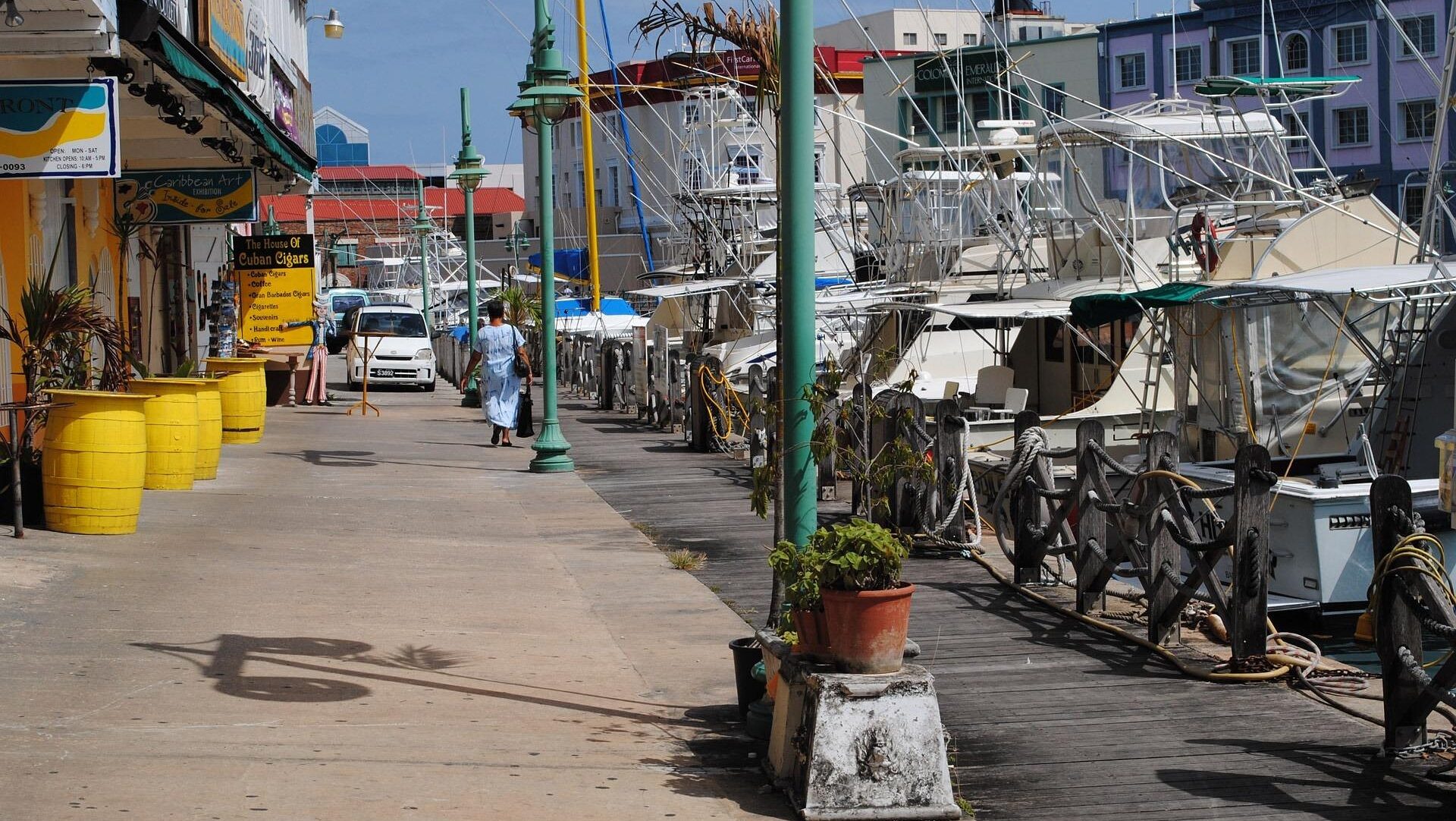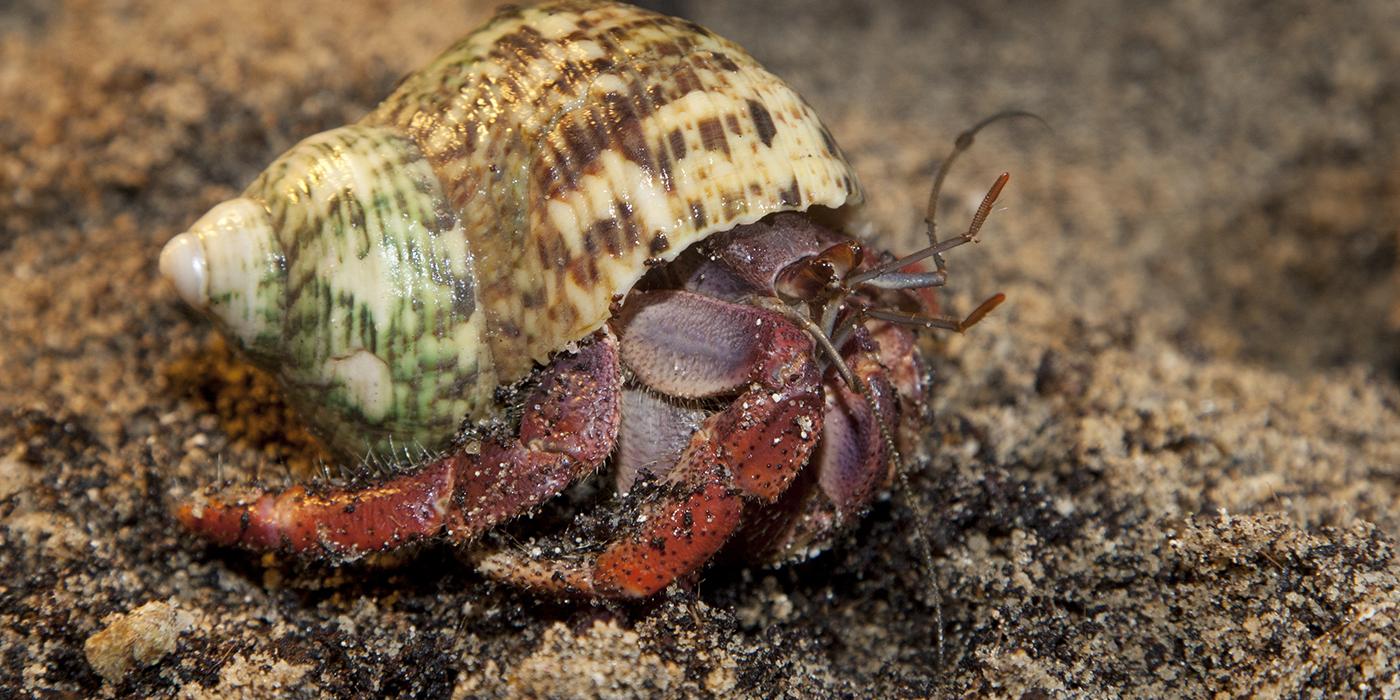Decolonial Partnerships in Fisheries Science
Online/Virtual EventSpeaker: Dr. Caroline Ferguson Irlanda, Stanford University Linda Tuhiwai Smith famously wrote that “research” is a dirty word in Indigenous communities. Yet these communities have stewarded marine ecosystems since time immemorial and have a wealth of knowledge to contribute to the global crisis of fisheries decline. In order to learn from these stewards, it […]


